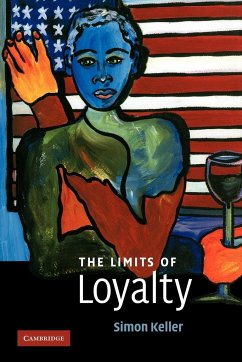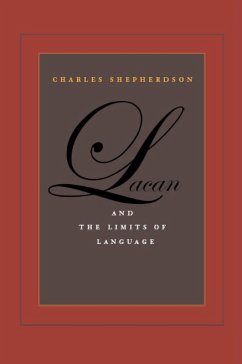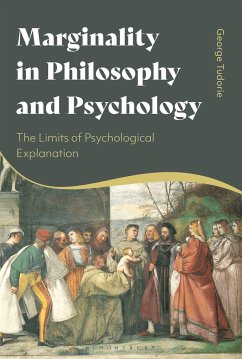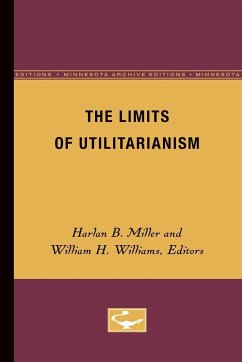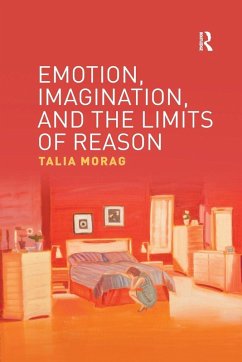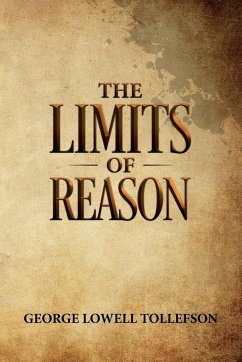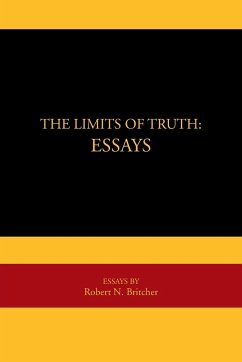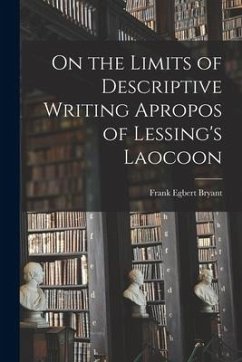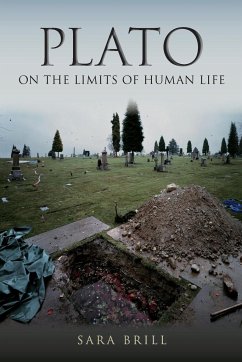Nicht lieferbar
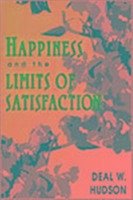
Happiness and the Limits of Satisfaction
Versandkostenfrei!
Nicht lieferbar
In classical and medieval times, happiness was defined as 'well-being,' a notion that included moral goodness. Today happiness is most often defined as 'well-feeling,' and identified with subjective states such as satisfaction and peace of mind. Deal Hudson argues that the prevailing view is dangerous in politics as well as ethics, creating individuals with no other sense of obligation than finding personal satisfaction, regardless of the moral and spiritual cost to themselves and others. Hudson calls for a return to the classical tradition: no one should be called 'happy' who cannot also be c...
In classical and medieval times, happiness was defined as 'well-being,' a notion that included moral goodness. Today happiness is most often defined as 'well-feeling,' and identified with subjective states such as satisfaction and peace of mind. Deal Hudson argues that the prevailing view is dangerous in politics as well as ethics, creating individuals with no other sense of obligation than finding personal satisfaction, regardless of the moral and spiritual cost to themselves and others. Hudson calls for a return to the classical tradition: no one should be called 'happy' who cannot also be called morally good. However, a contemporary version of happiness should also go beyond the classical notion by making room in the happy life for suffering and passion. Using the history of the idea of happiness as a backdrop to a critique of contemporary views, Hudson examines happiness from philosophical, religious, psychological, sociological, literary, and political points of view-for example, he shows how the tension between the two definitions of happiness is at the heart of the Declaration of Independence. The result is an excellent overview of the history of an idea as well as a compelling argument for moral and political change in our time.




